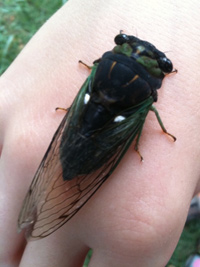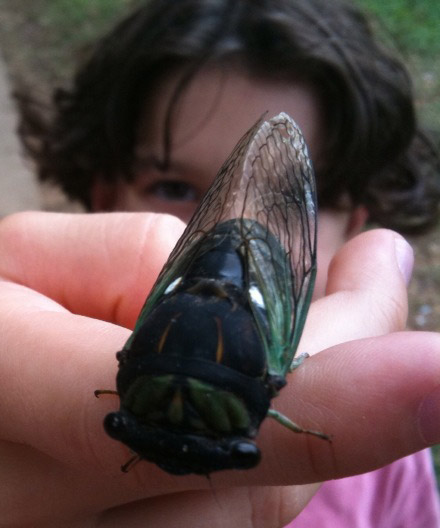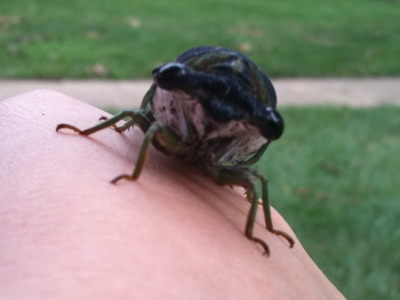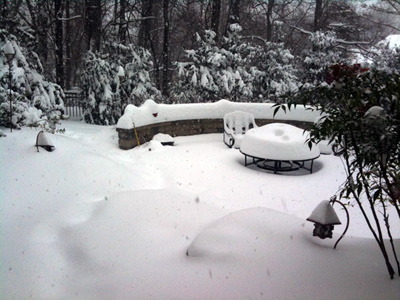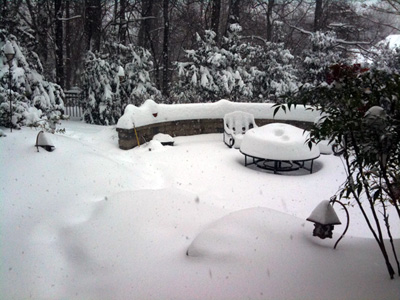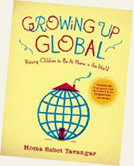Your Brain, Unplugged
 Tuesday, August 24, 2010 at 10:09AM
Tuesday, August 24, 2010 at 10:09AM Lately, there's been a steady stream of research, reports and news articles on the perils of media consumption and—more importantly—the benefits of time spent outdoors. Here's a quick recap of just some of the more noteworthy pieces from the last couple of months.
In its series, "Your Brain on Computers," the New York Times has taken an in-depth look at how the use of technology is changing the very makeup and function of our brains—and how our dependence on media and devices diminishes our capacity as parents and ultimately impacts our families. See both Attached to Technology and Paying a Price and Plugged-In Parents for more.
But there's plenty of good news, too.
A report released this spring suggests that exposure to bacteria in the soil may improve learning—good news for all of us who like to get our hands in the dirt. The new findings build upon earlier research that associates exposure to bacteria in the soil with elevated levels of serotonin and a lift in mood. For more, see Can Bacteria Make You Smarter? and Getting Dirty May Lift Your Mood from Science Daily.
And, several pieces confirm the importance of regular exposure to the natural world, even for short amounts of time. UK researchers have found that combining exercise with nature yields a quickly-occurring elevation of mood and self-esteem. A separate study found that simply spending 20 minutes a day in nature—whether a wilderness setting or the local park—boosts feelings of vitality. Lastly, those daily doses of nature—and sunshine—may hold the key to one's personal health, and to reversing the rising trend of Vitamin D deficiency. See Green exercise quickly boosts mental health, A daily dose of nature significantly boosts feelings of vitality, researchers find, and What Do You Lack? Probably Vitamin D for more.
 Todd Christopher | Comments Off |
Todd Christopher | Comments Off | 